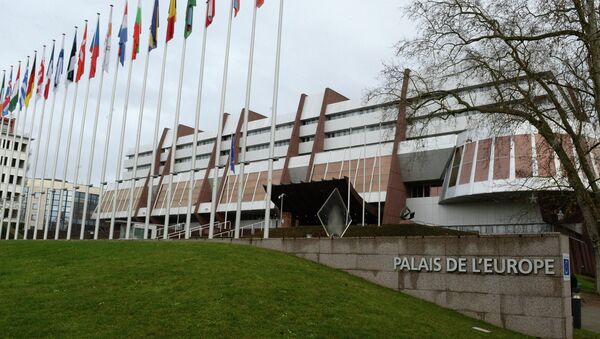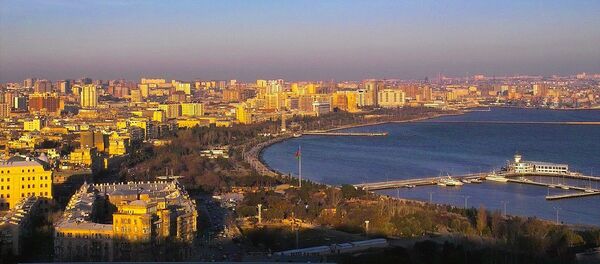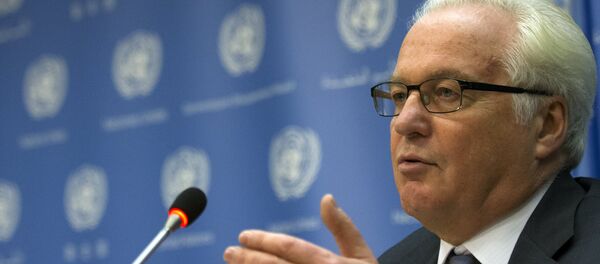STRASBOURG (Sputnik), Daria Chernyshova — Council of Europe's lawmakers will discuss humanitarian and political response to the refugee crisis, Europe's asylum system, and the situation in refugee transit countries during the five-day session in Strasbourg.
As refugee crisis is intensifying, the lawmakers seek to find the way to meet the new migration and asylum challenges, as well as to ensure a coherent migration policy, involving countries of transit and origin.
Michele Nicoletti, an Italian lawmaker who will present his report on the Dublin regulation at the PACE session, has noted that the Dublin system had "become a symbol of unfairness and lack of solidarity in European asylum policy" and "has given rise to serious violations of asylum seekers’ human rights."
He said that since the Dublin regulation had been introduced in 1990, "the scale, nature and geographical focus of mass migration into the European Union have changed significantly."
The lawmakers are expected to vote on the draft resolution proposing a series of reforms to the implementation of the current Dublin system.
Rafael Huseynov, a publicist from Azerbaijan, is set to explain in his report that Europe's democratic societies are threatened by fanaticism and religious extremism, as well as by xenophobia and rejection of anything different. Huseynov urges states and religions organizations to work together to foster dialogue and mutual respect.
"The Council of Europe should set up a stable platform for dialogue with senior representatives of religions and non-denominational organizations in order to foster active commitment by all the stakeholders in activities to promote living together," Huseynov says in the report.
During the session, Secretary-General for the Organization for Economic Co-operation and Development (OECD) Angel Gurria, His Royal Highness the Grand Duke of Luxembourg, as well as Prime Minister of Serbia Aleksandar Vucic, are scheduled to address the lawmakers.
Earlier in September, the European Parliament backed the resettlement of 160,000 refugees within the European Union over the next two years.
In recent months, Europe has faced the largest wave of refugee movement since World War II, with hundreds of thousands of people fleeing violence and poverty in crisis-hit countries in North Africa and the Middle East.
The European Commission estimates that some 500,000 asylum seekers have arrived in the European Union since the beginning of 2015.




